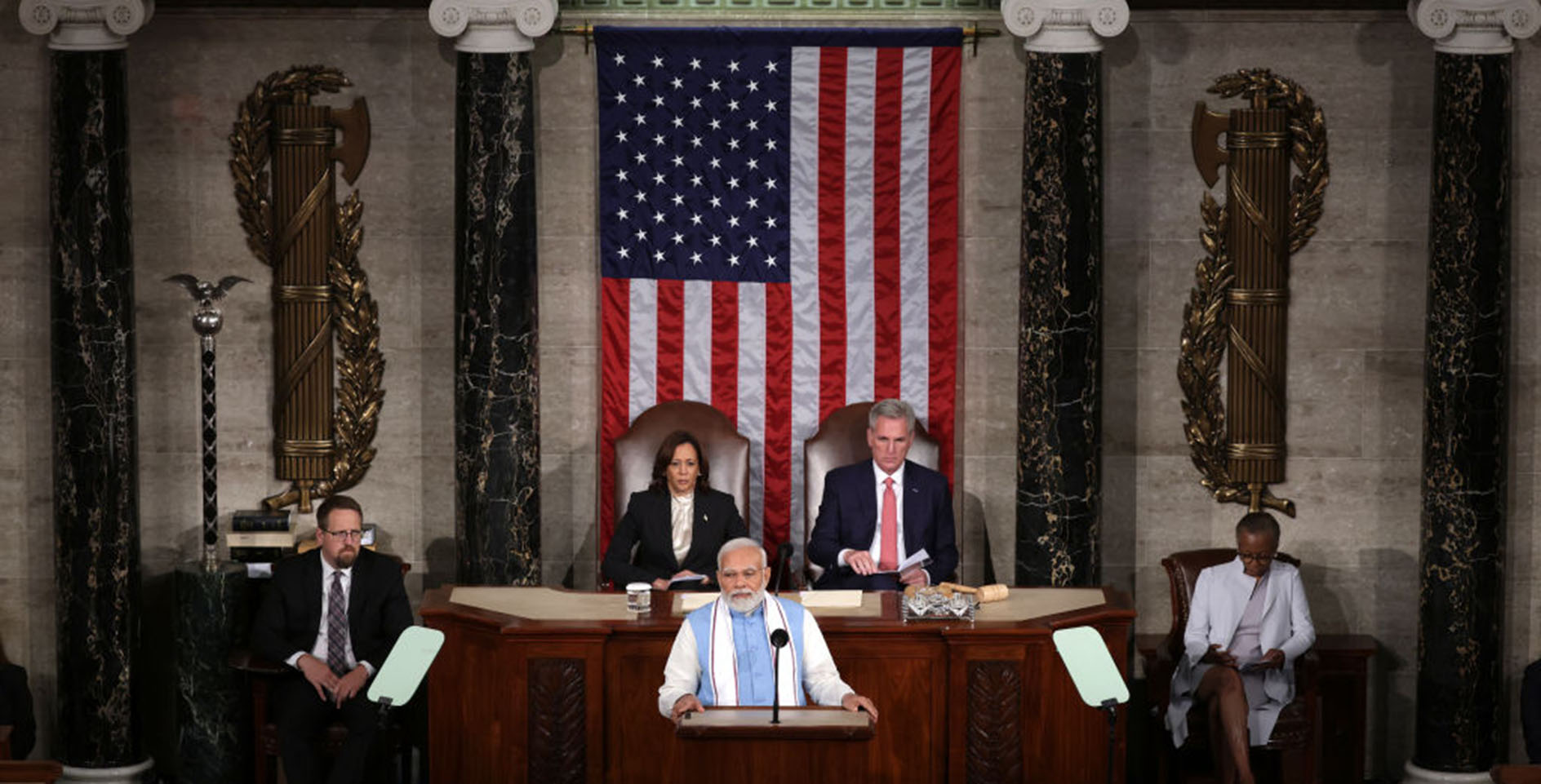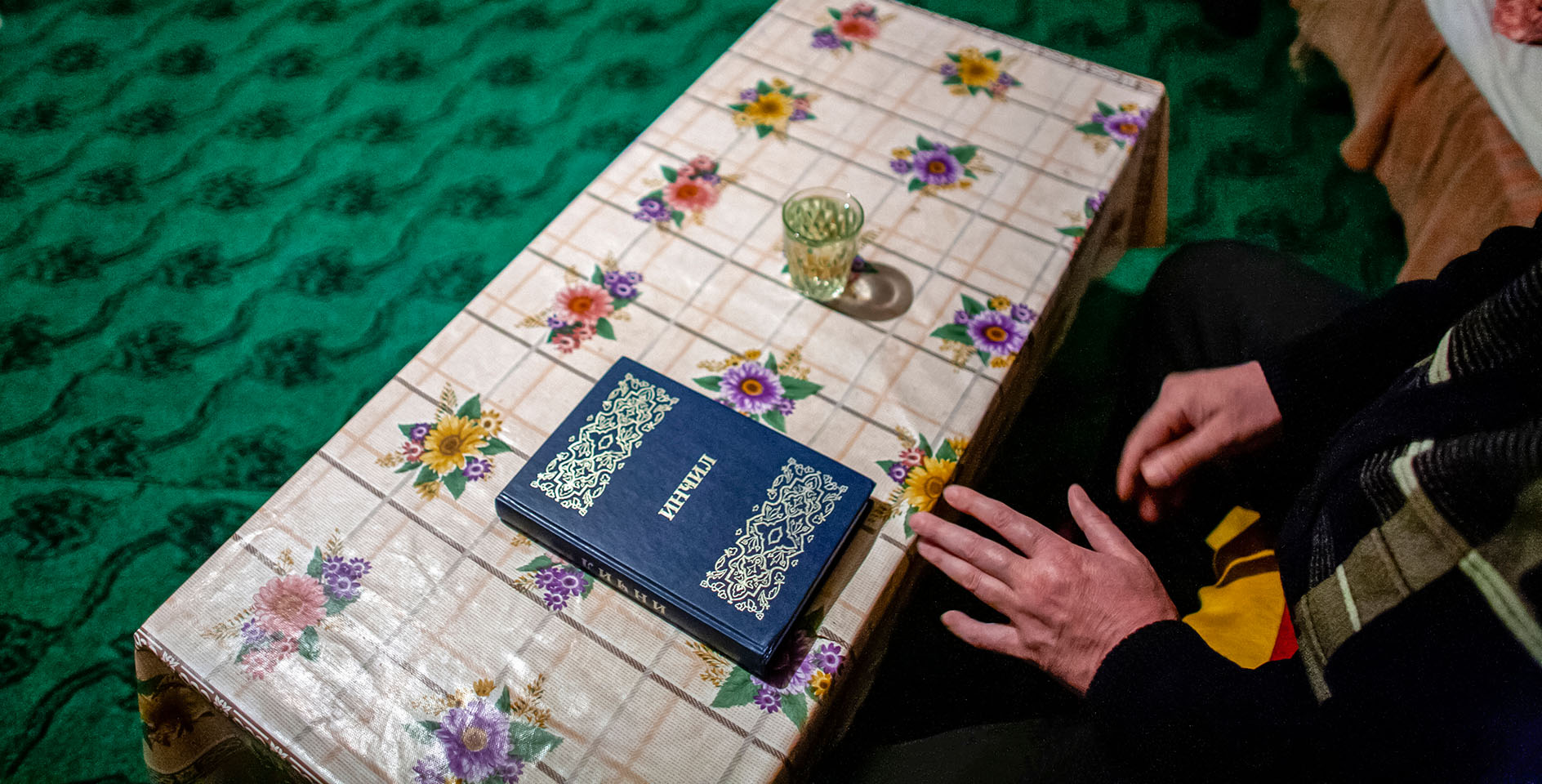The State Department recently released its International Religious Freedom Report for 2015. A wide range of U.S. government agencies and offices use the reports for such efforts as shaping policy and conducting diplomacy. The Secretary of State also uses the reports to help determine which countries have engaged in or tolerated “particularly severe violations” of religious freedom in order to designate “countries of particular concern.”
Here are five facts you should know from the latest report:
1. A major concern addressed in this year’s report is the threat to religious freedom posed by blasphemy and apostasy laws in Islamic countries. As the report notes, all residents of countries where laws or social norms encourage the death penalty for blasphemy are vulnerable to attacks and false accusations, often “lodged in pursuit of personal vendettas or for the personal gain of the accuser” are not uncommon.
2. Non-state actors such as ISIS (Da’esh) continued to rank amongst the “most egregious abusers of religious freedom in the world.” The report notes that ISIS committed acts of genocide against Christians, Yezidis, Shia Muslims, and other vulnerable groups in the territory controlled, and was responsible for barbarous acts, including killings, torture, enslavement and trafficking, rape and other sexual abuse against religious and ethnic minorities and Sunnis in areas under its control.
3. Another non-state group that poses a particular threat to religious liberty is Boko Haram, which pledged allegiance to ISIS in March 2015. Boko Haram is an Islamist terror group based in Nigeria, Cameroon, and Niger that seeks to establish a “pure” Islamic state ruled by sharia law, putting a stop to what it deems “Westernization.”
The State Department says that in 2015 Boko Haram continued to launch indiscriminate, violent attacks “targeting both Christians and Muslims who spoke out against or opposed their violent ideology.” The group also claimed responsibility for scores of attacks on churches and mosques, often killing worshippers during religious services or immediately afterward.
4. Around the world, governments continued to tighten their regulatory grip on religious groups, notes the report. Nearly 90 percent of all countries in the world require some sort of registration, especially for minority religious groups and religions that are viewed as not traditional to that specific country. Over the past two decades the percentage of countries that required submission of religious doctrine for approval prior to registration increased from 13 to 18 percent during their period of research; that the percentage of countries that required a minimum number of religious community members increased from 17 to 32 percent, and that the percentage of countries that sometimes denied registration increased from 22 to 27 percent.
5. As part of a government campaign targeting so-called “illegal” structures, the provincial authorities in Zhejiang, China continued to order the demolition of several state-sanctioned Protestant and Catholic churches and the removal of over 1,500 crosses. Religious leaders, activists, and lawyers who protest the destruction often face detention and arrest. In August 2015, for example, Chinese authorities seized human rights lawyer Zhang Kai just prior to a scheduled meeting with the U.S. Ambassador at Large for International Religious Freedom. The report notes that Zhang Kai had been providing legal counsel to church communities affected by a government-led campaign to demolish “illegal” churches and crosses. He was finally released in March 2016, but the U.S. government “remains concerned about his well-being.”










